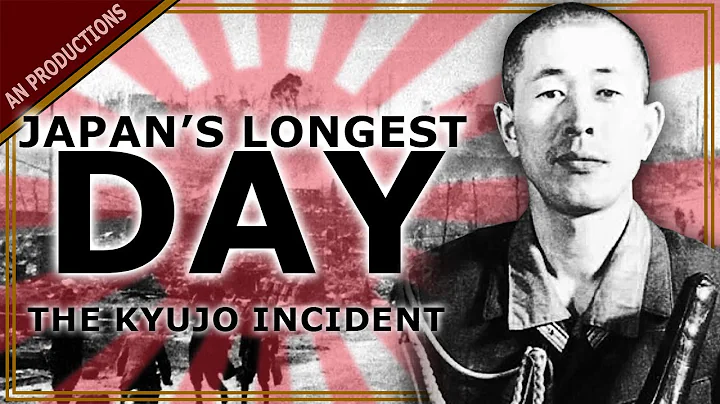In the late period of the Liberation War, a large number of generals and lieutenant generals of the national army submitted requests for uprising to our army. We welcomed these national army generals, and many of them were reused after the founding of the country and continued to exert their residual enthusiasm. In December 1949, the Second Field Army invaded Sichuan. General Deng Xihou, who was regarded as the top figure in the Sichuan Army after the Anti-Japanese War, together with Liu Wenhui and others, led the troops to electrify the uprising. General Deng Xihou later became the deputy governor of Sichuan Province in New China.

Another Sichuan Army leader was not so lucky. He also tried to revolt at the end of 1949, but was rejected by the Second Field Army, and finally fled to Taiwan with Chiang in despair. They are all generals of the national army, but their treatment is completely different. What's going on? Both Deng Xihou and Yang Sen had their heydays in the 1920s. After the Central Military Forces penetrated into Sichuan, their status became increasingly marginalized. However, there were still some differences at the end of the Liberation War.

During the War of Liberation, the most powerful general among the former Sichuan Army generals was Deng Xihou. During the Pengxian Uprising in 1949, General Deng Xihou still had nearly 40,000 guns in his hands, and he had great influence in the military circles. He could actually control more than 40,000 officers and soldiers. Because Chiang Kai-shek had been oppressing and suppressing the Sichuan Army for many years, several big figures in Sichuan's military and political circles had long wanted to revolt. Among them, Deng Xihou had a good relationship with Liu Wenhui, chairman of the Xikang Provincial Government, and the two often communicated with each other. Liu Wenhui had secretly contacted our army as early as 1947. Because the army had not yet invaded the southwest region and there was not the best time for an uprising, it was not until the end of 1949 that Deng Xihou and Liu Wenhui launched an uprising together.

For the local generals of the national army who were sincere in the uprising and had certain strength, it was undoubtedly meritorious to take the initiative to lead the troops to abandon the dark side and turn to the bright side. The leaders of the second field welcomed Deng Xihou's positive performance. Soon after, the central government also handed over the important post of deputy governor of Sichuan Province. Deng Xihou, and Deng Xihou has been operating in Sichuan for many years, and has a good reputation among the local people. He can stay in Sichuan to make full use of his talents.

Yang Sen's situation is different. His request for an uprising to the second field was completely expedient: thousands of his troops have been completely surrounded by our army, and their destruction is only a matter of time. Yang Sen's wisest choice at this time was to revolt. However, Yang Sen, who had accumulated a lot of wealth after years of plundering people's wealth in Sichuan, hoped that the People's Liberation Army could protect his "private property" and give himself a certain political or military status, like Fu Zuoyi, Chen Mingren, etc. who had previously revolted. People do that. These demands were resolutely rejected by the second party, blocking Yang Sen's path to "uprising".

Some people say that the reason why Yang Sen was not accepted was because he had more than 10 wives and concubines and many children, which seriously conflicted with the laws and culture of the new society. But in fact, his private life cannot be regarded as the main reason for his rejection. When Yang Sen proposed the uprising, he no longer had any soldiers. Strictly speaking, this situation is called "surrender" at best. Surrender cannot be conditional. His trump card is much worse than that of Deng Xihou, Liu Wenhui and others. And Yang Sen’s so-called private property is also ill-gotten wealth. Our army cannot protect it and must confiscate it all.

In order to express his determination to "uprising", Yang Sen wrote two personal letters to Liu Shuai, the second wild man, but Liu Shuai said that the uprising must be unconditional, otherwise he would not accept it, and told his subordinates to "ignore these people." There is another reason behind this: in 1926, Yang Sen betrayed his trust and colluded with Liu Xiang to suppress the Shun (Qing) Lu (zhou) uprising in which Liu Shuai participated, and Liu Shuai was almost killed. It is really hard to trust a despicable warlord like Yang Sen.





















